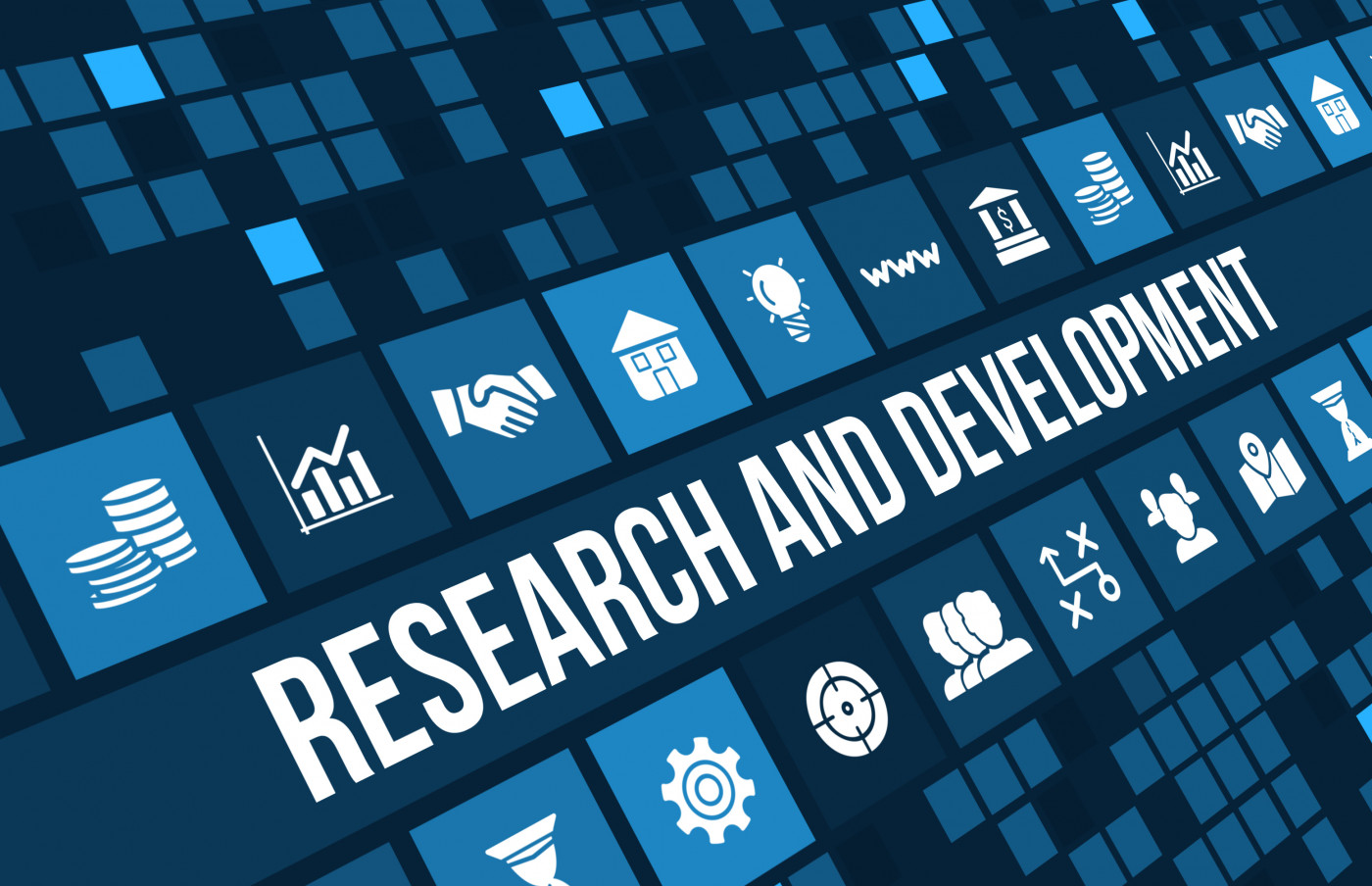Weill Neurohub Unites 3 Academic Centers with DOE Scientists to Advance Tools, Treatments for MS and Other Ills
Written by |

Three academic research institutions launched the Weill Neurohub initiative, an effort to speed the discovery and development of therapies for neurological diseases that include multiple sclerosis (MS), Parkinson’s and Alzheimer’s disease, and for psychiatric disorders like anxiety, depression, and schizophrenia.
The initiative unites three West Coast research institutions — the University of California, Berkeley (UC Berkeley), the University of California, San Francisco (UCSF), and the University of Washington (UW) — and is supported by a $106 million gift from the Weill Family Foundation.
Weill Neurohub brings together scientists and physicians across different fields at these academic centers, including those outside the biosciences like engineering, computer science, physics, chemistry, and mathematics.
“The gains in knowledge amassed by neuroscientists over the past few decades can now be brought to the next level with supercomputers, electronic brain-computer interfaces, nanotechnology, robotics, and powerful imaging tools,” Sanford “Sandy” Weill, a philanthropist and chairman of the Weill Family Foundation, said in a news story.
“The Neurohub will seize this opportunity by building bridges between people with diverse talents and training and bringing them together in a common cause: discovering new treatments to help the millions of patients,” Weill said.
Tom Daniel, PhD, the Joan and Richard Komen Endowed Chairholder and a professor of biology at UW, added: “The Weill Neurohub brings together three outstanding public institutions, each with a deep commitment to bridge boundaries between science, engineering, computer science, and data science to address fundamental problems in neuroscience and neural disorders.
“To my knowledge, this is a nationally unique enterprise — drawing on diverse approaches to accomplish goals no single institution could reach alone, as well as seeding and accelerating research and discovery,” said Daniel, who is part of the Weill Neurohub’s Leadership Committee.
The scope of the initiative extends beyond these three public institutions, drawing on a public-private partnership the Weill foundation set up this year with 17 National Laboratories overseen by the Department of Energy (DOE).
These labs are expected to bring expertise in bioengineering, imaging, and data science to the Weill Neurohub. Specifically, the partnership will explore how the DOE’s work in artificial intelligence (AI) and its supercomputing capabilities can support research into neurodegenerative diseases and traumatic brain injury (TBI).
“We are on the cusp of great discoveries that could transform our approach to TBI, Alzheimer’s disease, and other neurological and psychiatric disorders, and easing access to the world-class computational power of our National Laboratories to initiatives like the Weill Neurohub is a win-win for science and the public sector — and, eventually, for patients,” said Rick Perry, Secretary of Energy who spearheaded the creation of an AI and Technology Office at the DOE.
On a practical level, the Weill Neurohub initiative will fund faculty, postdoctoral fellows, and graduate students working on research projects at the three West Coast institutions. It will also fund “high-risk/high-reward” cutting-edge projects that are less likely to receive financial support.
Most of the grant money provided by Weill Neurohub will be used to support cross-institutional projects seeking to answer difficult questions about the brain, and exploring new ways of treating neurological diseases. Examples of some projects can be found here.
One involves creating a “NextGen7T” MRI (magnetic resonance imaging) scanner that would be a significant advance over the resolution limits of current MRI current techniques, allowing for clearer and more detailed images of brain structures.
“Despite amazing advances in neuroscience, new therapies are not reaching patients with mental illness and neurological disorders nearly as quickly as they have for heart disease and cancer. And … they also have a massive impact on our healthcare system and on the global economy,” said Joan Weill, president of the Weill Family Foundation.
“Our goal, through the broad and multifaceted approach of the Weill Neurohub, is to begin to change that.”


